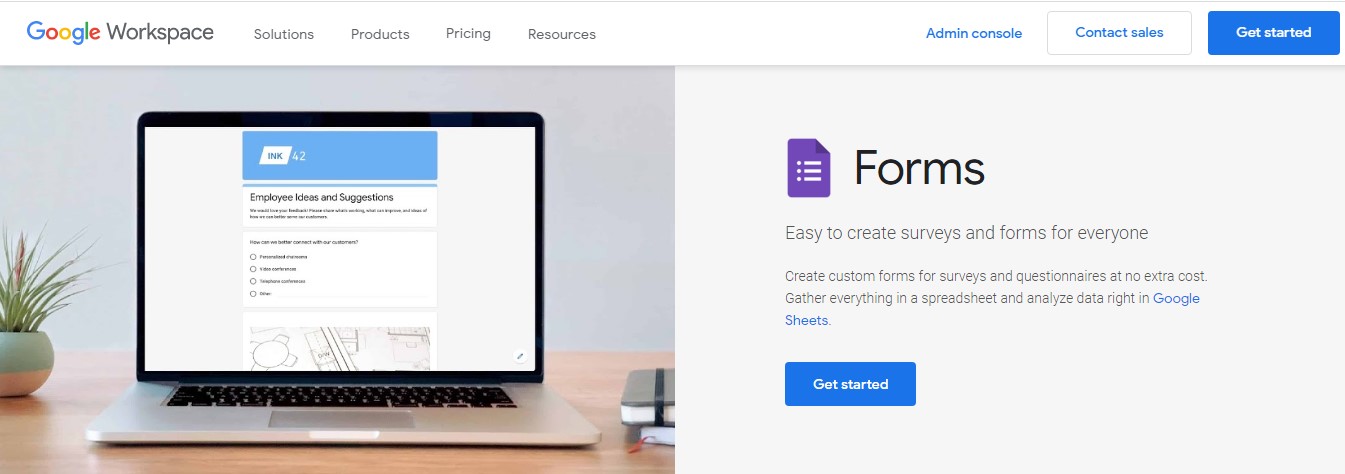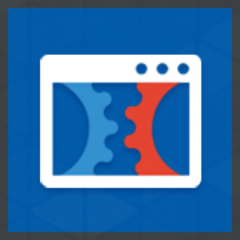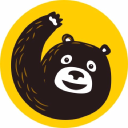I Created A $480K/Year Online Piano Lessons Business With $100
Hello! Who are you and what business did you start?
Hi! I’m Jacques Hopkins, creator of Piano In 21 Days. My online piano course helps adults of all ages learn to play piano as fast as possible. Most of my students are people who never had the time or failed piano lessons before. Some are retirees who are excited about a new hobby but don’t want to wait years for results. Others are busy parents or professionals who need a low-pressure, flexible learning schedule.
My business brings in five figures every month, and I built everything from the ground up. I knew I had a unique take on piano lessons, but I had to learn everything about digital entrepreneurship and marketing in real time. It took a lot of effort, but it worked: I quit my engineering job and have been supporting my family this way for over eight years now.






















